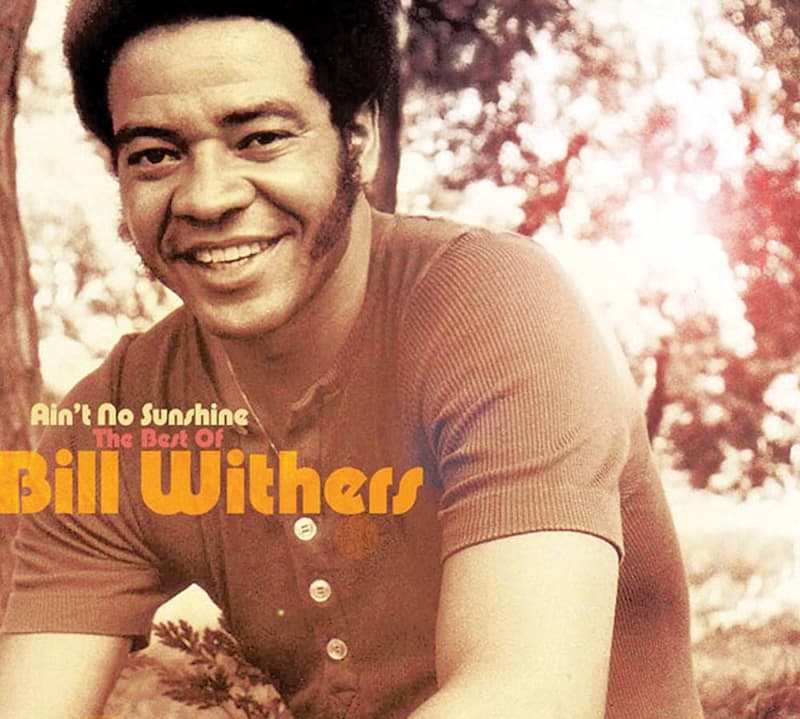
At the age of 32, an age considered late in the music industry dominated by youthful performers, Bill Withers emerged from the humble roots of Slab Fork, West Virginia, carrying a story so compelling it would resonate for decades. After serving nine years in the U.S. Navy and working a modest job installing lavatories on Boeing 747s, Withers embarked on a musical journey few could have predicted.
In 1970, signing with the Hollywood independent Sussex Records, Withers began recording his first album, defying expectations with his unique style described as “simple yet sophisticated.” He famously said, “Simple is memorable,” emphasizing the power of straightforward yet powerful music that stays with listeners. His early demos encountered setbacks, wandering through labels until fate intervened via Booker T Jones, the legendary producer and Stax keyboard player.
Jones immediately recognized Withers’ undeniable potential and rallied an elite team including Al Jackson and Donald Dunn from The MGs and guitarist Stephen Stills. Together, they crafted Withers’ debut album, Just As I Am. The launch single, a vigorous summer tune titled “Harlem,” failed to ignite the public’s passion. However, the tides quickly turned when DJs flipped the record and propelled the soulful ballad “Ain’t No Sunshine” into the spotlight.
Withers’ signature element in this song—the haunting, repetitive refrain “I know, I know, I know”—showcases his remarkable breath control and emotional depth. Interestingly, Withers himself initially resisted this hook, intending to pen a different lyric, but yielded to the wisdom of seasoned professionals like Jones. He humbly reflected, “They were all these people with all this experience and all these reputations, and I was this factory worker.”
This track swiftly became a Billboard hit, capturing hearts both in America and overseas. Even a young Michael Jackson saw fit to cover it, cementing its global reach. The song earned the prestigious Grammy Award for Best R&B Song in 1971, becoming a timeless classic. Its powerful legacy endured well into the 1990s and beyond, with Paul McCartney releasing a live version in 1991 and iconic rapper DMX sampling it in 2001 for his track “No Sunshine.”
The gripping lyrics paint a raw, poignant picture of longing and loss:
🎵 Ain’t no sunshine when she’s gone,
It’s not warm when she’s away,
And this house just ain’t no home,
Anytime she goes away.
The unyielding repetition of longing expressed in the line “I know, I know, I know” pulls listeners into a deeply emotional space, illustrating the loneliness that haunts every moment of absence.
For many, especially those who have loved and lost, the simplicity and sincerity of “Ain’t No Sunshine” cut deeply, making Bill Withers’ story one of an unexpected hero, whose music transcended his late start to become an eternal expression of the human condition.